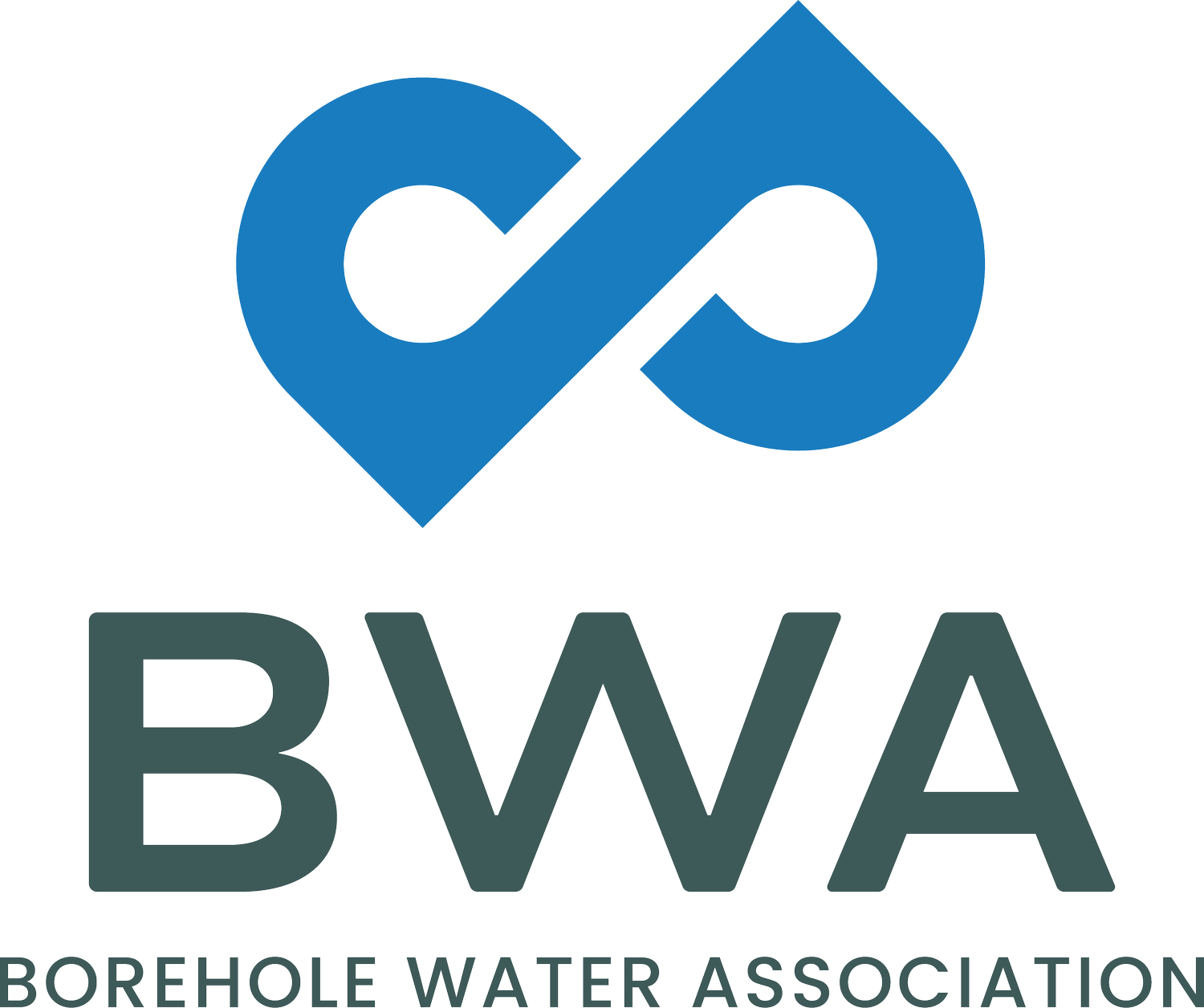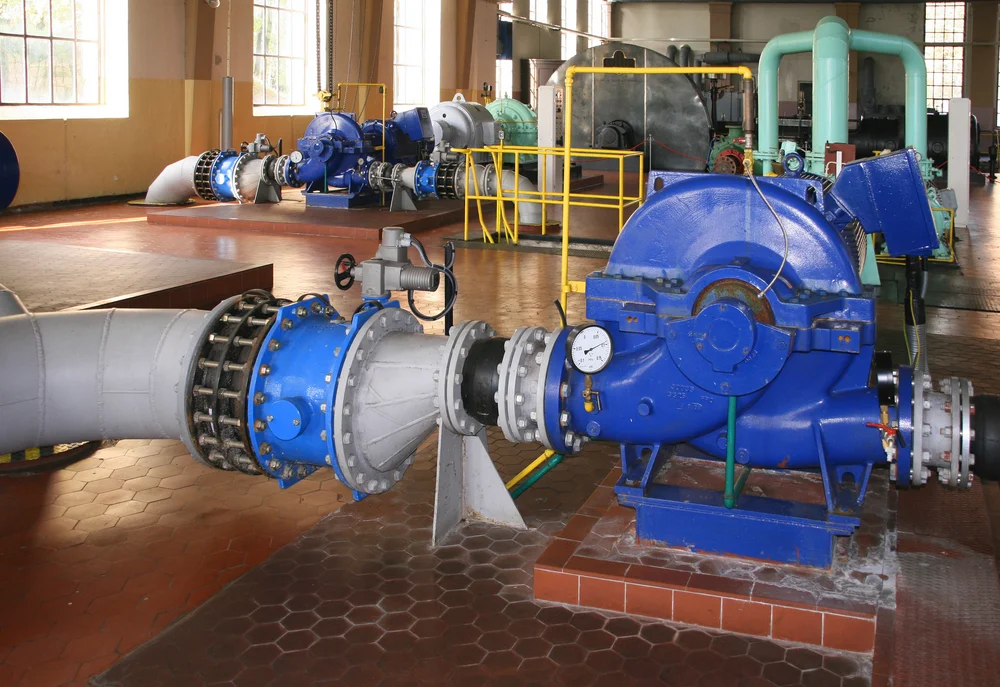Rural water supply is paying a high price for "cost-effective boreholes"
/By Andrew Johnstone of GCS
Photo courtesy of World Bank Photo Collection on Flickr
The drilling industry has expanded significantly in Africa over the past twenty years, especially in the water supply sector.
To a large extent this has been funded by donor money, and the emphasis has been on supplying as many people with clean water as is possible within the available budget; a key objective of the numerous drilling programmes has been to optimise what has been termed “cost effective boreholes”.
With all good intentions, this approach has in fact been counterproductive as the drive to reduce costs and increase the number of boreholes has been at the expense of quality.
The main issue in the rural water supply sector is that short-term goals are to achieve specific “coverage figures”. The coverage figures represent the estimated number of people that a water point will supply with potable water, i.e. x-million dollars supplies y-thousand people with clean water; this figure, however, gives only a short-term snapshot of the benefits.
The main issue is that the drive for economy has resulted in the quality of boreholes being at risk, and the development of cheap boreholes that are prone to fail.
Sustainable Solutions
A conservative estimate is that well over a billion US dollars has been spent on rural and urban water supply projects in Africa over the past ten years, with most major donor agencies and government ministries aiming to increase the levels of access to potable water. This has recently been accelerated by the 2015 timeline of the Millennium Development Goals. The objective of providing people, especially poor rural and urban dwellers, with water is of course a noble and vital objective; however, the emphasis on cost saving has in fact been counterproductive and could in the long term lead to a significant increase in costs.
Well development in Mauratania
Wellfield in Mauratania
A key question then revolves around why the emphasis on reducing costs has not had the desired effect? One reason can be explained by the Anna Karenina principle, which states that a problem or deficiency is based on a number of vital factors, and a deficiency in any one factor or combination of factors will lead to failure. In the case of the African borehole industry, the reasons are compounded by both technical and contractual issues.
The key factors that are damaging the long term functionality and sustainability of water-supply boreholes in Africa are all issues that are known and in many cases have easy solutions, these include but are not limited to:
Wet Borehole Contracts
In many countries the rural-water supply contracts have been for “wet boreholes”. This puts the onus for developing a successful borehole on the drilling contractor. The contractor only gets paid for successful boreholes according to set criteria. So the cheaper the borehole, the more profit for the contractor. Contracts usually have a retention period (contract performance clause) of no more than 12 months, and as a result the performance of boreholes beyond the contract performance clause is not guaranteed.
Borehole Depth
Many water-supply boreholes are drilled too shallow. In most of Africa, the rainy season is a defined period covering 3 – 5 months, which is followed by the dry season. The direct effect of this, is that in many aquifers the static water level fluctuates. As a result many boreholes fail at the end of the dry season and during years of reduced rainfall (when they are most needed).
Hydrogeology
In many cases basic hydrogeology is not considered, and the borehole contract is a construction exercise. Some contractors do not understand that basic hydrogeology will have an impact on the borehole’s life. For example, not using geophysics to locate water (especially in fractured aquifers), or pressures from authorities to drill boreholes in specific locations, can lead to borehole failure as it is not in the correct hydrogeological setting. The effect of this is that boreholes are constructed over very low-yielding strikes with no knowledge of regional groundwater levels and yearly water level fluctuations.
Supervision
In many countries in an effort to reduce costs, professional supervision has been cancelled in favour of using district staff. This has sound and worthy objectives; however in order for a drilling contractor to be properly supervised, it is vital that firstly, the person supervising has the training (both scientific and contract management) and, secondly, they have time to supervise the work. The other compounding factors are the simple logistics of getting district staff to site, which is too expensive for under-resourced councils, and the full-time supervision is interrupted as the staff have other routine functions to fulfil.
Borehole development
Municipal water Supply Well: RSA
Gravel Pack/ Formation Stabilizer
All over Africa boreholes are being drilled in weathered, unconsolidated and semi-consolidated aquifers. Air percussion is usually used in weathered and fractured aquifers and mud rotary in primary aquifers. Many boreholes drilled in unconsolidated fine-grained aquifers often silt up, usually beyond the retention period, and are then abandoned. This is due to standard drilling contracts with specified casing and slot sizes that do not correspond to the grain size of the aquifer. Again, the success of the borehole is based on a number of essential factors that are all known and vital elements; for example, gravel pack, which is available from riverbeds in most of Africa, is not used due to lack of technical knowledge. Trying to cut costs by drilling at 6.5in (16.5cm) holes leaves no room for installing the gravel pack. The use of slotted casing that is cut using angle grinders or cutting torches results in variable slot sizes, which leads to ingress of sand into the borehole, resulting in damage to the pump and silting of the borehole.
Construction Material
It is critical to match the construction material to the hydrogeology. This will prevent corrosion and /or encrustation, and ultimately the failure of the borehole. In the case of larger scale water-supply projects using production boreholes, is it critical to have efficient boreholes to reduce pumping costs and improve the longevity of the pumps.
Borehole Acceptance
The acceptance of a borehole is based on many factors such as yield, efficiency and suspended solids. All these factors should be assessed, and the borehole should be subjected to a suitable-duration aquifer test in which the above factors should be monitored, recorded and reported. This will help solve borehole failure by providing information on the borehole performance which will eliminate incorrect pump specifications and installation depth.
In short: a borehole should last a lifetime
All these factors boil down to the fact that a water-supply borehole can easily be constructed to last the equivalent of a human lifetime (50 – 80 years). The knowledge, expertise and equipment are available and should be recognised by donors, contractors and professionals.
For more information, contact: Andrew Johnstone, Hydrogeologist, GCS (Pty) Ltd. Tel: +27 (0)11 803 5726 Email: andrewj@gcs-sa.biz Web: www.gcs-sa.biz.









